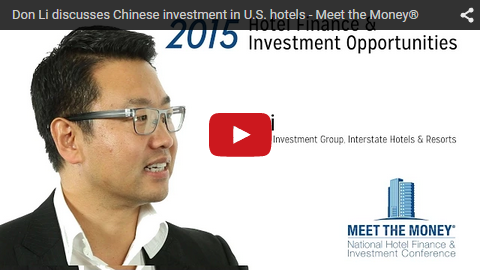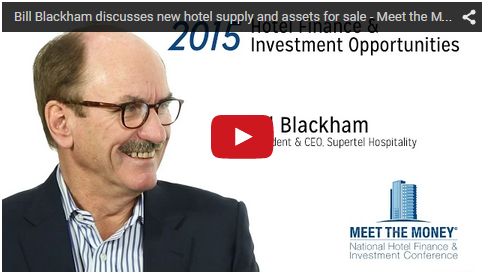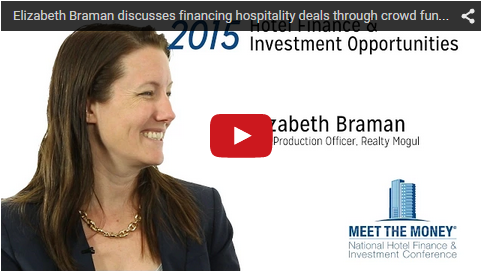7 September 2014
Click here for the latest articles on EB-5 Financing.
EB-5 Visas and China “Retrogression” – What’s it all about?
by
Jim Butler and Jonathan Bloch
Partners, Jeffer Mangels Butler & Mitchell LLP
In the past, when China exceeded its 7% allocation of US Immigrant Investor Visas (EB-5 visas), Chinese applicants were permitted to take advantage of unused EB-5 visas allotted to other countries. But as of the last week of August 2014, the US State Department decided that the issuance of new EB-5 visas to Chinese applicants will be frozen or “retrogress” (move backward) until October 1, 2014, when the new fiscal year starts.
At that time, a new visa quota of 10,000 EB-5 visas (for all countries) will become available for the next fiscal year through September 30, 2015. China will again be allotted only 7% of these visas but most experts expect that Chinese investors will be permitted to access visas unused by other countries in accordance with practice over the past 3 years. This means that the 10,000 visa cut-off date likely will be reached much earlier in the fiscal year ending September 30, 2015, and this may significantly affect fundraising in 2014 and 2015.
EB-5 Visas and China “Retrogression” – What it means to you
If you have a new hotel development in the pipeline and you are on the fence about EB-5 financing, now is the time to act!
Why should this latest development in EB-5 financing concern you — a mere 5 week “freeze” on the issuance of EB-5 investment visas for China? If you want to use EB-5 financing as part of your capital stack for a project in 2015, it should concern you plenty for the following reasons:
- China has been the dominant source of EB-5 capital for the last 3 years — more than a staggering 70% of EB-5 visa applications.
- The freeze will only affect immigrants filing I-526 applications who are born in Mainland China. Of course, over time, other countries may fill any shortfall of investors from Mainland China but that may take 2-3 years or longer to develop the EB-5 infrastructure that makes foreigners aware of the program, motivates them to immigrate to the US and provides EB-5 “capital delivery” system (marketing agents, immigration attorneys and the like) that can match China.
- Anything that delays, retrogresses, or threatens the certainty of EB-5 financing from China creates uncertainty that is bad for all participants in the EB-5 financing world — the Chinese investors, US developers, and the communities that benefit from the realization of new projects, new jobs for US citizens, and economic stimulus.
- If the EB-5 issues are not fixed quickly, an irreplaceable source of financing could be lost for US developers, communities may lose the benefit of major new projects (from hotels to conference centers and port facilities), Americans will forfeit hundreds of thousands of new jobs each year, and we will lose a critical source of highly-educated, wealthy immigrant talent as America faces a critical labor shortage of skilled workers in the near future.
Based on our experience of assisting developers with EB-5 financing for more than 60 projects, we are confident that there are both short term and longer term solutions to these problems which are discussed at the end of this article. But first, we need to recap the background and setting for the EB-5 program. CONTINUE READING →







